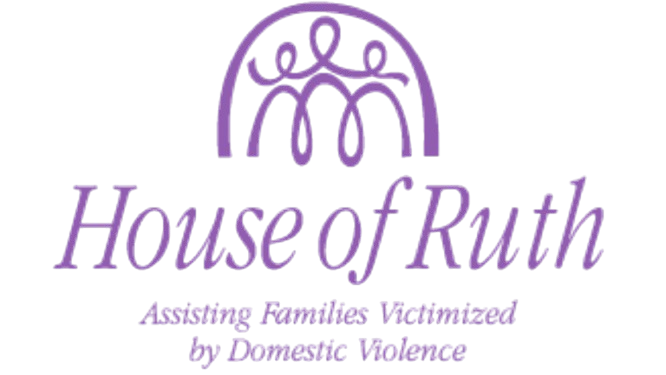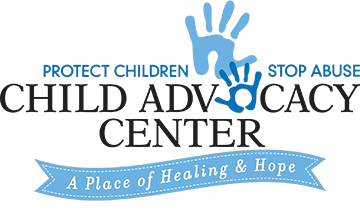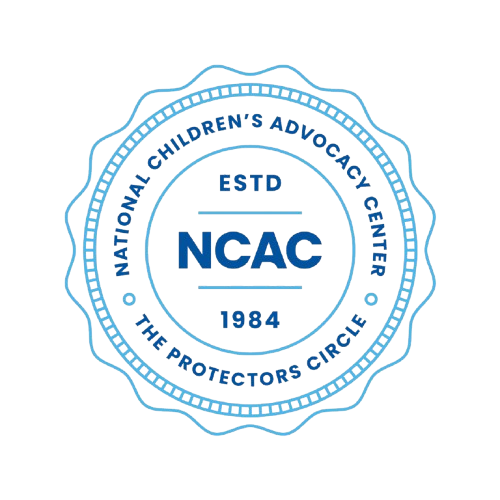This website helps prepare the forms required for Criminal Restitution Case in Alabama.
We do have juvenile and Elder Abuse protection orders. here
HOW IT WORKS

1. Take Screening
Start by answering a few questions to determine whether you are eligible to request restitution in your criminal case. This will help confirm your role as a victim and identify which losses may be claimed.

2. Prepare Documents
You’ll be guided through a set of plain-language questions designed to help you identify and explain your financial losses such as medical bills, lost income, or property damage. Your responses will be used to generate a restitution affidavit or summary for the court.

3. Consult Advocate (Optional)
You may seek help from a victim advocate or a pro bono (free) lawyer. Advocates can assist you with documenting your losses and explaining the process. Attorneys can help review your request and offer legal advice about what to include.

4. File with the Clerk
Once completed, your restitution request is submitted to either:
-
The Clerk of the Court, or
-
The Prosecutor’s Office handling the criminal case
You’ll be guided on where to submit your request, depending on your county’s procedures. Restitution is typically submitted before sentencing and is reviewed by the judge as part of the final decision.
Process
Step 1
Crime Occurs
A criminal act takes place, causing financial harm to the victim. This may include damage to property, lost income, medical bills, or other monetary losses related to the crime. The event sets the foundation for requesting restitution through the court.
Step 2
Criminal Charges Are Filed
Law enforcement investigates the crime. If there’s sufficient evidence, the prosecutor files formal charges. Once the case is accepted by the court, the restitution process becomes part of the broader criminal proceeding.
Step 3
You Are Identified as a Victim
You may be contacted by the prosecutor’s office or a victim advocate. They will inform you of your rights under Alabama law, including the right to request restitution for financial losses resulting from the defendant’s actions.
Step 4
Prepare Your Restitution Request
You will itemize and document your financial losses — including receipts, bills, or estimates for repair or replacement. LegalAtoms guide you through this step. You can also request help from a victim advocate or a free legal service provider.
Step 5
Submit to Court or Prosecutor
Once complete, your restitution affidavit or claim form is submitted to either the prosecutor handling the case or the court. Filing requirements may vary by county, and some jurisdictions may allow online submission.
Step 6
Judge Reviews the Request
The judge examines the details of your request, including supporting documentation. This occurs before sentencing and helps the court decide whether restitution should be ordered and in what amount.
Step 7
Sentencing and Restitution Order
At sentencing, the court may order the defendant to pay restitution to you as part of their punishment. This amount is based on the documented losses you provided and is enforceable by the court.
Step 8
Enforcement and Case Closure
After sentencing, the court’s restitution order becomes official. Enforcement may include payment plans, wage garnishment, or other legal means. Restitution is monitored as part of the criminal sentence and helps restore some of what was lost.
FAQs
RESOURCES

Victims of Crime & Leniency
Advocacy support throughout the criminal justice process, help with Victim Impact Statements, safe space for victims, housing during legal proceedings, and emotional/physical support
(334) 262‑7197
422 S Court St, Montgomery, AL 36104

Helping Hearts Alabama
Helping Hearts Alabama is a nonprofit supporting domestic violence survivors through advocacy, education, and direct services. From court support to crisis intervention, we help individuals find safety, resources, and hope ensuring no one faces abuse alone. Healing starts with being heard, and we're here to listen and stand by each survivor.
(256) 272-1328
PO BOX 1512 Huntsville, AL 35807

The House of Ruth, Inc.
The House of Ruth, Inc. serves domestic violence victims and survivors in Barbour, Bullock, Coffee, Covington, Dale, Geneva, Henry, Houston, and Pike County. We serve victims and survivors of sexual assault in Coffee, Dale, Geneva, Henry, Houston and Pike County.
The counties that I serve for domestic violence are Coffee, Covington, Dale, Geneva, And Pike County. I can easily put you in touch with the advocate for our other 4 counties or our sexual assault advocate if need ed.
Amber Dixon
(334) 793-5214
214 West Troy Street, Dothan AL 36303

One Place Family Justice Center
Co-located services for victims of domestic violence, sexual assault, elder abuse, and trafficking—including help with victim statements and legal assistance
(334) 262‑7378
530 S Lawrence St, Montgomery, AL 36104

Dominique Dudley
Dominique Dudley is an advocate dedicated to supporting individuals facing domestic violence. She assists with navigating legal protection processes, offers compassionate guidance, and connects clients with essential resources ensuring they feel supported, informed, and empowered every step of the way.
(256) 692-8591
208 Exchange Place Northwest, Huntsville AL 35806

Advocate Assistant
An Advocate Assistant at the National Children’s Advocacy Center in Huntsville, Alabama, provides vital support to children and families affected by abuse. Working alongside forensic interviewers, counselors, and caseworkers, the assistant helps coordinate services, offers emotional support, and ensures each family receives the resources they need for healing and justice.
(256) 272-1328
2008 Giles Drive Northeast, Huntsville AL 35811

Child Protect Children’s Advocacy Center
For child abuse victims—provides forensic interviews, counseling, and advocacy, including support with victim impact statements on behalf of minors
(334) 262‑1220
935 S Perry St, Montgomery, AL 36104

Breanna Burgess
Breanna A. Burgess is a Domestic Abuse Victim Advocate with Army Community Service. Based in Huntsville (North Alabama), she leads interactive Personal Safety Skills classes through the Family Advocacy Program. Breanna teaches trauma-informed techniques such as weight-based escapes for individuals to safely exit violent confrontations, emphasizing that victims don’t need to be physically strong to protect themselves
(256) 955-6904
3443 Aerobee Road, Huntsville AL 35805

National Children's Advocacy Center
Jana Thomas is the Family Advocate Supervisor at the National Children’s Advocacy Center (NCAC) in Huntsville, Alabama. With a background in social work, she has experience in pediatric psychiatric care, alternative education, juvenile probation in Nashville, and child welfare with Lauderdale County DHR.
(256) 327-3820
210 Pratt Avenue Northeast, #Building D, Huntsville AL 35801

Amy Nix
Amy Nix is an advocate with the National Children’s Advocacy Center, supporting children and families impacted by abuse. She assists clients through legal interviews, crisis intervention, and connects them with essential community resources—offering compassionate guidance and ensuring no one navigates the recovery process alone.
(931) 227-8758
210 Pratt Avenue Pratt Avenue , Huntsville, Alabama AL 35801
Court Forms Created This website guides you through all the necessary steps to complete your Criminal Restitution Case and submit it to the court as part of the criminal case.
Core Forms
- Restitution Affidavit
- Exhibit
